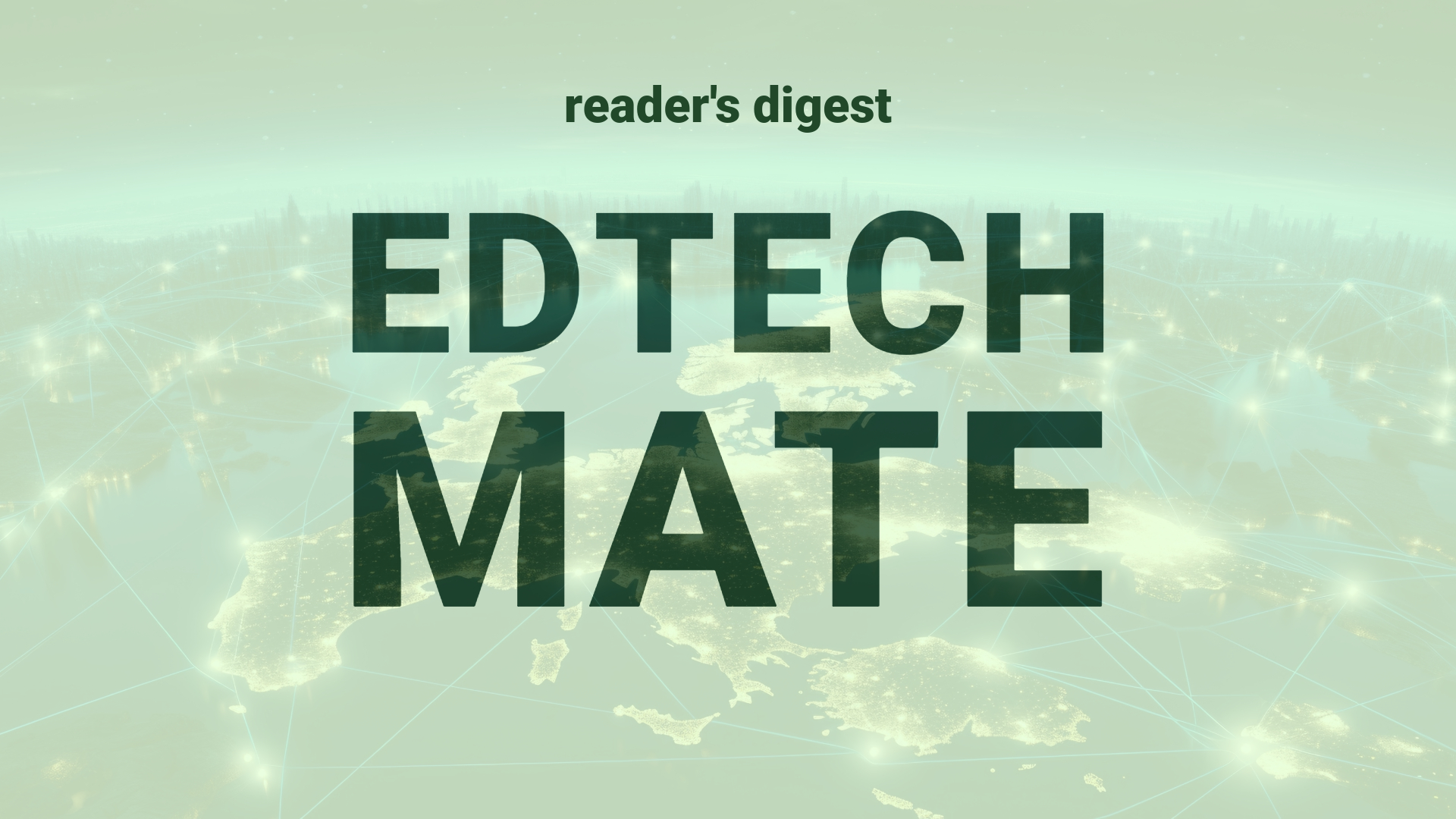“`html
Executive Summary and Main Points
Key insights into the education technology news reveal the emphasis on the qualities of tenacity, honesty, integrity, work ethic, enthusiasm, critical thinking, and communication skills in PhD students. A global higher education trend is the recognition that these soft skills are essential beyond academic proficiency for successful research endeavors. The digital transformation of education further amplifies the need for such traits as digital tools increasingly facilitate collaboration and the dissemination of research across international borders. Professors value these qualities as they often translate into the capability to conduct meaningful, rigorous, and ethical research.
Potential Impact in the Education Sector
The highlighted attributes are poised to impact the pillars of education—Further Education, Higher Education, and Micro-credentials—by embedding a culture that prioritizes resilience, ethical conduct, and effective communication. In Further Education contexts, developing these skills could enhance student readiness for higher-level academic pursuits or the workforce. Higher Education institutions may see an increase in the quality and integrity of research outputs, important for maintaining international prestige and attracting strategic partnerships. For Micro-credentials, which often target specific skill sets for professional development, integrating these soft skills into the curriculum could add significant value for learners.
Potential Applicability in the Education Sector
Innovative applications involving AI and digital tools can be developed to strengthen these key PhD student qualities within global education systems. AI-driven mentorship platforms can be designed to provide guidance and support, fostering tenacity and problem-solving abilities. Digital systems that promote transparent and secure reporting can enhance honesty and integrity in research. Online forums and collaborative platforms can encourage strong work ethic and enthusiasm by enabling shared goals and community support. AI can support the cultivation of critical thinking by providing data analysis tools and simulations, while advancements in communication technologies can enable more effective dissemination of research findings.
Criticism and Potential Shortfalls
Critical analysis of these educational technologies suggests potential risks, such as over-reliance on digital tools that could result in the downplaying of human mentorship and face-to-face interaction, essential for developing soft skills. Comparative international case studies may reveal disparities in access to such technologies, potentially widening the gap between institutions with more or less resources. Ethical and cultural considerations must be taken into account, ensuring that the use of educational technologies does not compromise academic integrity or overlook the diverse values and communication styles present in global education systems.
Actionable Recommendations
To implement or explore these technologies effectively, international education leadership should consider strategic approaches such as embedding soft skills development into the digital transformation agenda. Partnerships with technology developers could lead to tailored AI and digital solutions for skills enhancement. It’s recommended to provide training sessions for educators on incorporating these tools into their teaching and supervision. Furthermore, creating international forums for sharing best practices and developing guidelines for ethical technology use in research could mitigate potential shortfalls.
“`

